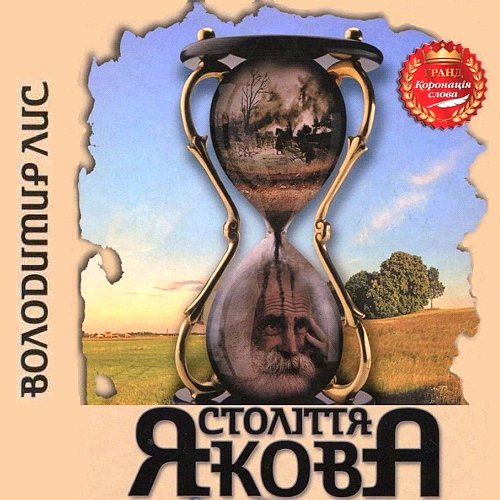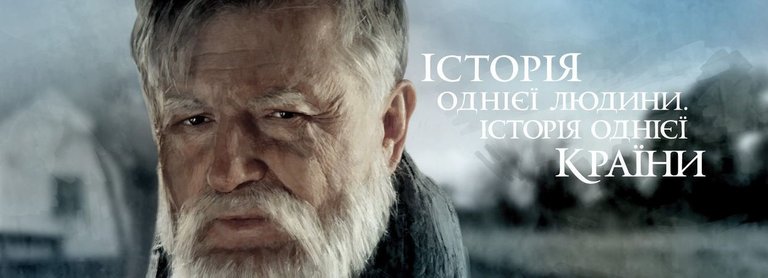The work which has impressed me so much lately. The book of this Volin's author Volodymyr Lisa is clearly explicitly pretending to be some kind of classicism.
Твір який мене таки сильно вразив останнім часом. Книга справжнього волиняки Володимира Лиса таки явно претендує на якийсь класицизм.

After years of the totalitarian communist regime, when whole generations were removed from life, and in accordance with memory and being, this work partially closes these gaps in literature, memory, and existence. As a people and a separate region, individual people.
The hero, almost 100-year-old Jacob from the Polissya village of Zhorana (in the book Zgoryne - in the Poles'ke dialect), is typical, something Zabuzhko calls "Anei Hero". During his century he had to endure both the UPR and Poland and the Germans and Soviets. All the regimes went before him. And he lived and did his own. What "the gods say", but at the same time he did everything in conscience. He did not climb as Kotigoroshko in a circle, it is impossible to bypass totalitarian regimes. But, as you can see, you can still remain human. And even those heavy sins of him - the killing of another person, you, the reader, looking sideways on the whole human life, you will immediately forgive. For as an outsider, it is obvious to you that one has to act in accordance with conscience, and to fill the modern masses can not stand against the truth. For man eventually lived all his life and remained holistic and moral. "We just walked, we do not have sin untrue for ourselves ..."
A difficult century, complex cycles of destiny and a simple, uneducated peasant. Obviously, this work is not just a chronicle of the era, not just historical vicissitudes, - its morality is much deeper and more multilayer. Will it be possible to find all the hidden allusions and the meaning is unknown. But direct yourself to the right path and find the lost - that's it.
Після років тоталітарного комуністичного режиму, коли з життя були видалені цілі покоління, і відповідно з пам’яті і буття, цей твір частково закриває ці прогалини в літературі, пам’яті, існуванні. Як народу так і окремого регіону, окремих людей.
Сам герой, майже столітній Яків з поліського села Згорани (в книжці «Згорєни» - на поліському діалекті), типовий, те що Забужко називає «Енеївський герой». За своє століття йому прийшлося пережити і УНР і Польщу і німців і совітів. Всі режими пройшлися перед ним. А він жив і робив своє. Те що «кажуть боги», але при цьому він робив все по совісті. Він не ліз як Котигорошко у круговерть, неможливо обійти тоталітарні режими. Але, як видно, таки можна при цьому залишитися людиною. І навіть ті важкі гріхи його – вбивство іншої людини, ти, читачу, дивлячись збоку на ціле людське життя, зразу ж пробачаєш. Бо як сторонньому глядачеві, тобі очевидно, що людина мусить чинити по совісті, і зажрані сучасні мажори не можуть нічого протиставити правді. Бо людина зрештою все життя нею змогла прожити і залишитися цілісною і моральною. «Ми просто йшли, у нас нема гріха неправди за собою…»
Складне століття, складні круговороти долі і простий, неосвічений селянин. Очевидно, що цей твір не просто хроніка епохи, не просто історичні перипетії, - її мораль значно глибша і багатошаровіша. Чи вдасться відшукати всі приховані алюзії і сенси невідомо. Але направити себе на правильну дорогу і віднаходження загубленого – це саме воно.

P.S. фото чесно здер в інтернеті
As a follower of @followforupvotes this post has been randomly selected and upvoted! Enjoy your upvote and have a great day!